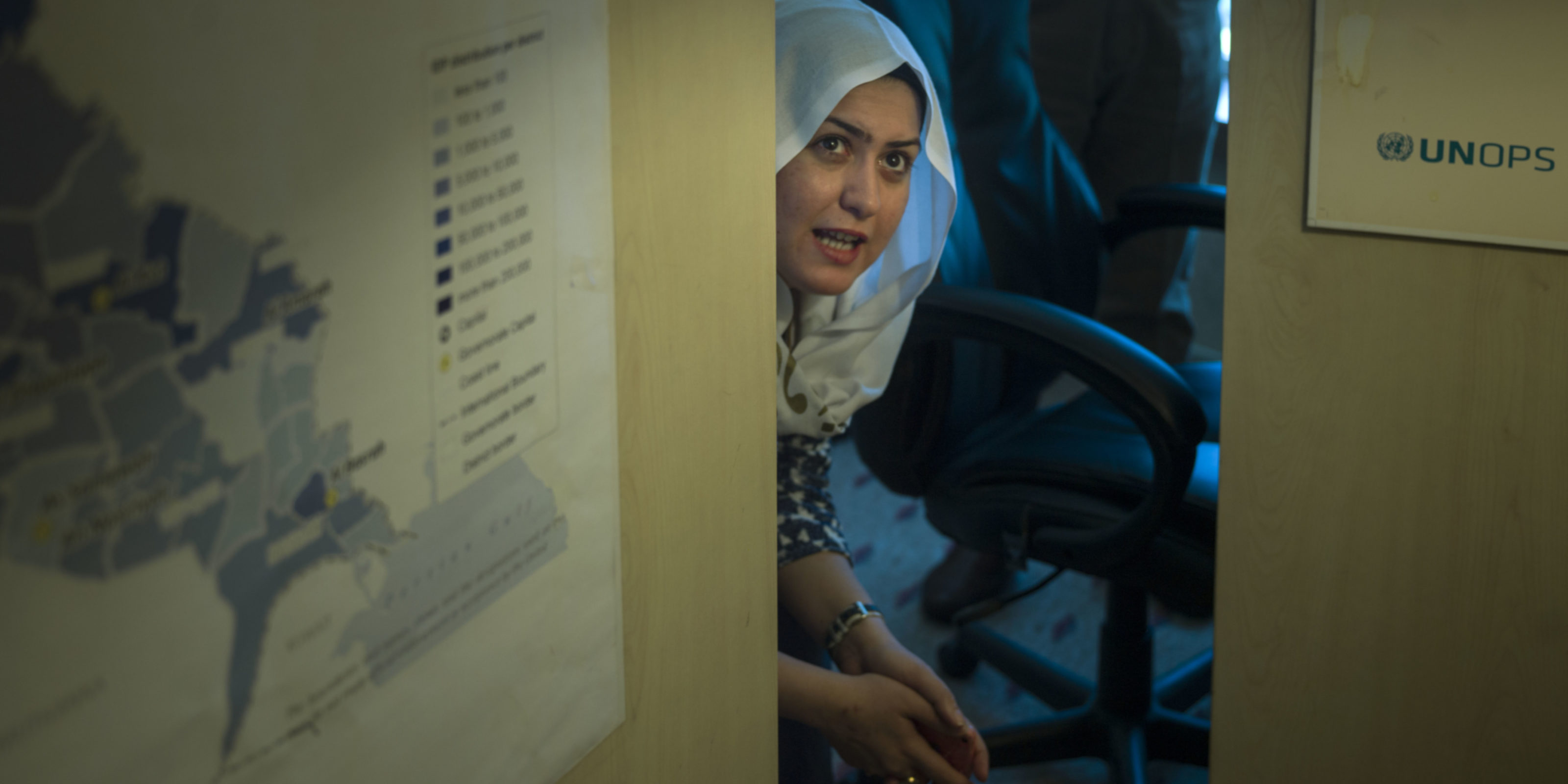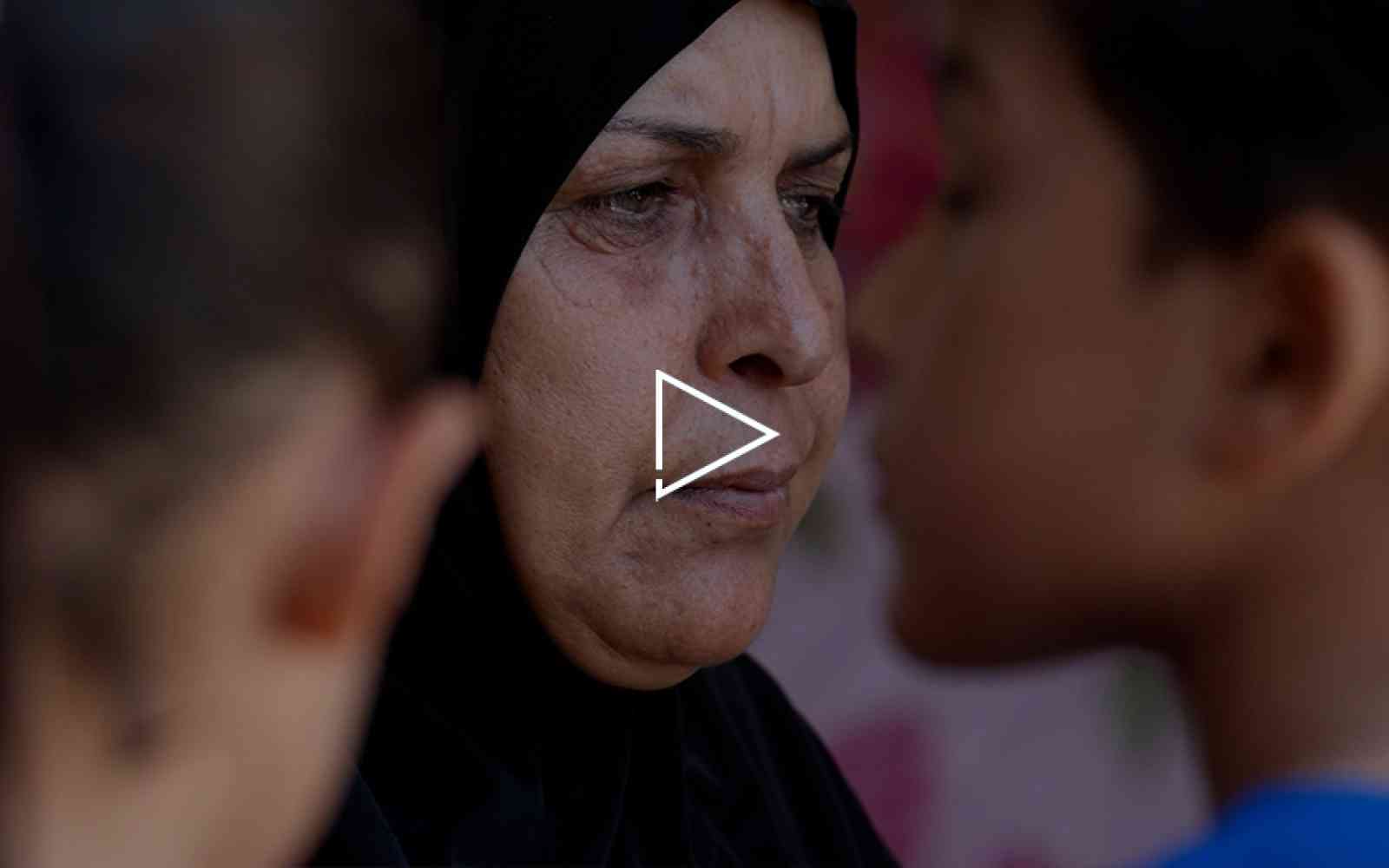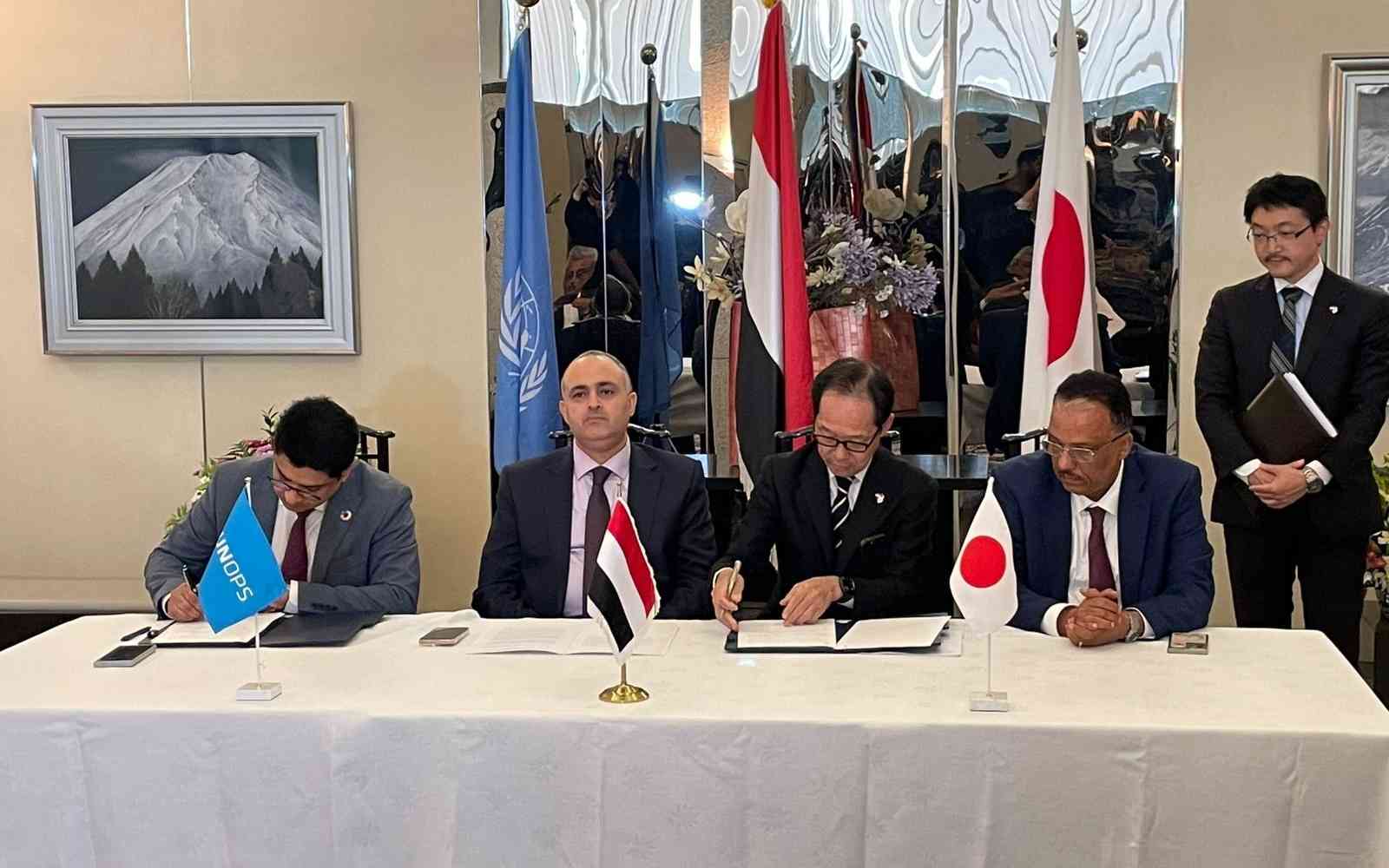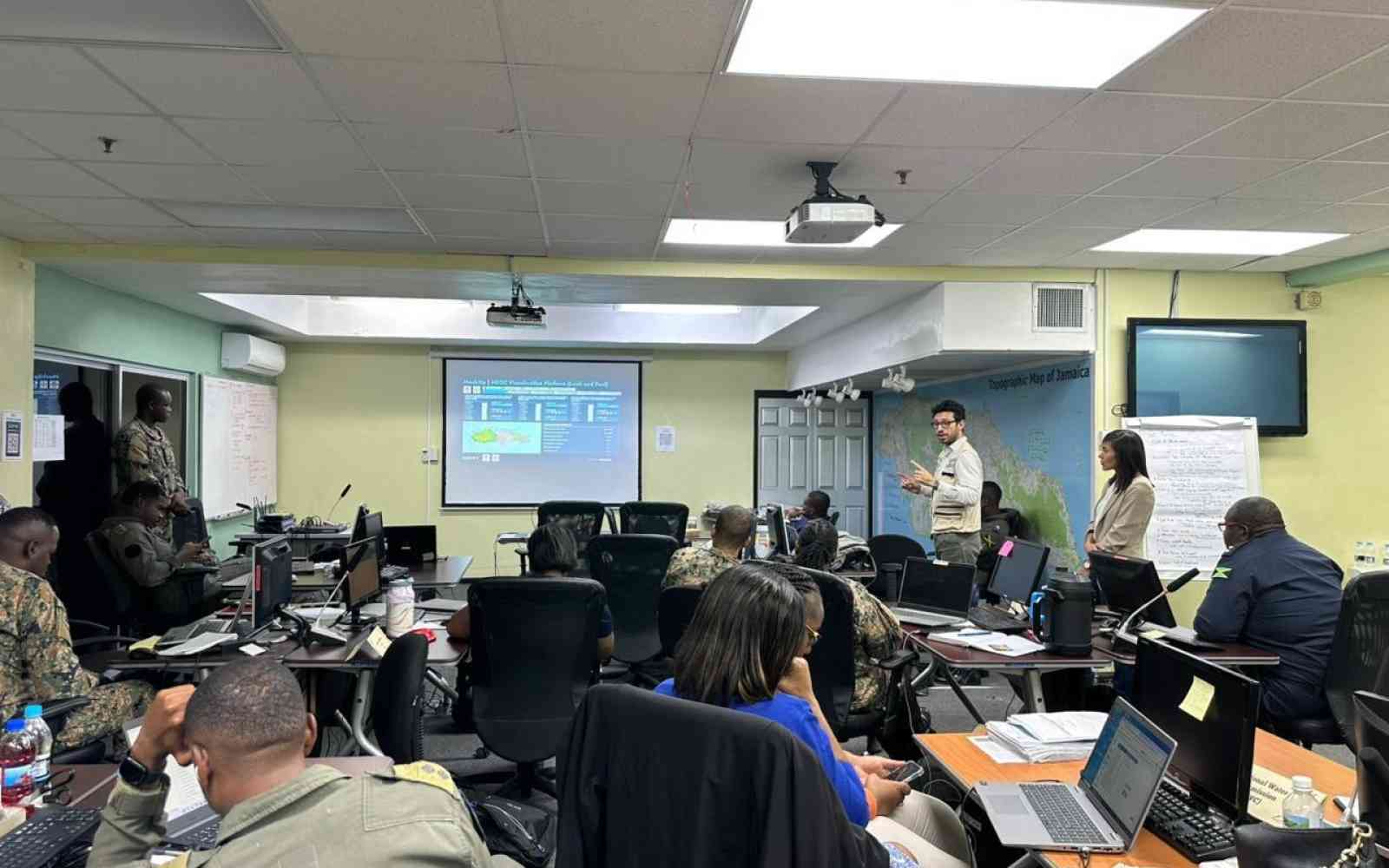The United Nations Office for Project Services (UNOPS)

Lives on the line
How a toll-free number is helping displaced Iraqis. One of the largest UN inter-agency projects of its kind, the Iraq Internally Displaced Persons Information Centre is helping get life-saving information to those who need it most.
Iraq is home to the third-largest population of internally displaced people around the world. Over 3.3 million people have fled their homes since January 2014.
Hundreds of aid organizations and charities provide support for local authorities. But for those affected by the ongoing conflict, knowing where to turn for help is an ongoing challenge.
Connecting needs to assistance is the simple idea behind the Erbil-based call centre.
Using a toll-free number, those who've been forced to leave their homes and seek shelter can receive information on how to access humanitarian aid – including food, child protection and healthcare.
"We give people scattered across more than 3,000 locations in Iraq a voice to ask questions, seek explanation, raise serious issues and lodge complaints," explained UNOPS project manager, Charlotte Lancaster.
Every day we learn something new. Currently we receive around 400 calls a day.
“Every day we learn something new. Currently we receive around 400 calls a day. Once we understand their needs we point people in the right direction. But we also contact our colleagues in the humanitarian community, flagging issues from callers, addressing service gaps and sharing information to ensure a coordinated response.”
In the last year there have been more than 22,000 calls from displaced Iraqis seeking advice. More than 120,000 people have called in since the centre opened.
"The call centre may seem like a small detail," explained Kareem Elbayar, UNOPS programme manager. "But the overall humanitarian response is here to serve affected communities. By communicating their needs and priorities, we are also helping to improve the response," he added.
Below are examples of some of the calls.
Last year, the call centre was contacted by people stranded in Sinjar, some 200 kilometres west of Erbil. Along with hundreds of others, they were caught in fighting between the Islamic State of Iraq and the Levant and Peshmerga forces from Iraqi Kurdistan.
Details from these calls were shared amongst humanitarian aid agencies in the country. Through UN negotiations, 400 people were granted safe passage from Sinjar to the Kurdistan Region of Iraq in December 2015.

Suha Zangana has lived in Erbil for several years. She has worked at the call centre since it opened.
Speaking to dozens of people each day, in Arabic and Kurdish, Suha takes calls from all across the country.
"I tell callers that they can always talk to us and that we can help provide them with information they need," she mentioned from the call centre's office at the UN compound.
Suha and her colleagues often receive calls from people seeking help to locate lost family.
Recently her colleague helped to re-connect a couple who had been separated from other family members after fleeing Falluja.

The call centre has received calls from several victims of gender-based violence.
To best respond, the dozen-member call centre team receives training in sensitive topics, such as the prevention of sexual abuse and exploitation, gender sensitivity, mine-risk education and child protection.
I once spoke to a blind man who had no-one left from the conflict, he didn’t need anything, he just wanted someone to talk to.
The majority of callers inquire about food, shelter and healthcare, as well accessing government cash grants.
However, callers have also used the service as a way to bring back some normality to lives disrupted by conflict.
“I once spoke to a blind man who had no-one left from the conflict, he didn’t need anything, he just wanted someone to talk to,” Suha recalled.
“He has called back six or seven times since then, just to talk.”

Project details
The Iraq IDP Information Centre is implemented by UNOPS on behalf of partners, including UNHCR, the Iraq Humanitarian Pooled Fund, the World Food Programme, the Office of the United Nations Resident and Humanitarian Coordinator in Iraq, the World Health Organization, the Office for the Coordination of Humanitarian Affairs and the European Civil Protection and Humanitarian Aid Operations.
To provide the most up-to-date information, UNOPS coordinates with dozens of UN organizations and non-governmental organizations providing assistance to internally displaced people.
UNOPS works closely with government authorities, as well as three telephone companies—Korek Telecom, Asiacell Telecom and Zain— to ensure a functioning and reliable mobile service across Iraq, even in areas not currently under government control.
The call centre recently received the UNOPS 2015 Project of the Year Award.











